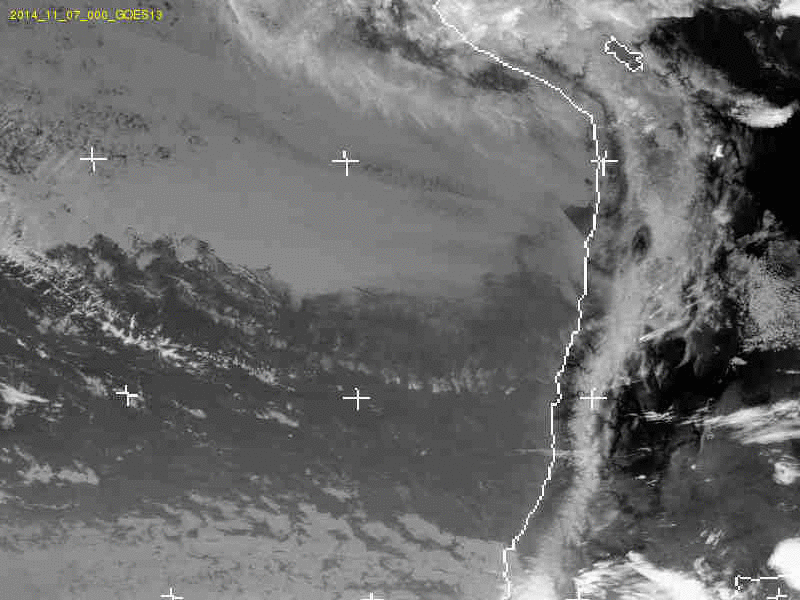
PhD: IPAG, Grenoble, France
Research area: Circumstellar disk evolution and planetary formation, with a strong emphasis on debris disks. Direct imaging, mid-IR spectroscopy, interferometry, SED modeling, and radiative transfer.
Refereed publications: http://adsabs.harvard.edu/cgi-bin/nph-abs_connect?library&libname=JohanOlofsson&libid=4f2186c9e1
email: johan.olofsson at uv.cl
Webpage: http://johan-olofsson.com
About my research:
My research goals are to better understand how planets are formed. To date we have discovered thousands of exoplanets, with a huge diversity in terms of mass, semi-major axis, and architecture. But from an observational point of view, we don’t really understand how these planets form. To tackle this challenge, I focus on the study of the circumstellar disks, which are the birthplaces of these planets, as well as direct detection and characterization of planets. By characterizing the evolution in time of these circumstellar disks, we have the chance to better understand the conditions that can lead to the formation of giant and terrestrial planets. Direct observations of young planets can give us valuable insight into their formation mechanism, which is currently poorly constrained.
I have always been interested by a multi-technique (spectroscopy, imaging, interferometry), multi-wavelengths (near-, mid, far-IR and mm) approach, and I always try to combine both observations and modeling of these data. I have a strong interest in leading statistical studies, in order to better understand classes of objects as a whole, but I also enjoy leading detailed studies of individual sources where you can get an in-depth understanding of the physics at stake in these systems at a given time.





